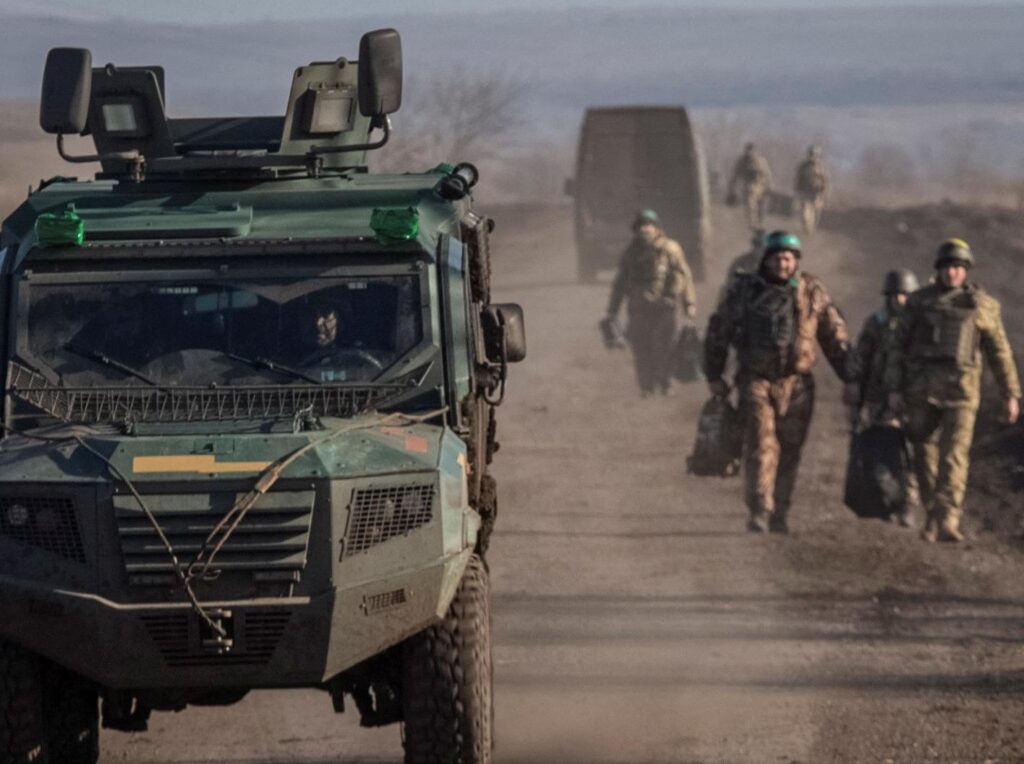The Russian-Ukrainian conflict, ongoing since 2014, has had significant implications for European security and international law. The annexation of Crimea by Russia and ongoing conflict in eastern Ukraine have raised concerns about European security, contributing to increased tensions and military build-up in Eastern Europe. The conflict has also disrupted energy supplies to Europe, potentially leading to an energy crisis. Additionally, the conflict has raised questions about international law and its effectiveness in resolving state disputes and protecting civilians. Overall, the conflict has had a destabilizing effect on the wider region, affecting neighboring countries and raising humanitarian concerns. It is clear that a coordinated and effective response is essential to address these issues.
The Russian-Ukrainian Conflict
The Russian-Ukrainian conflict has been an ongoing issue since 2014, when Russia annexed Crimea and supported separatist movements in eastern Ukraine. The conflict has not only had a significant impact on the security and stability of the region, but it also has broader implications for European security and international law. In this article, we will assess the implications of the Russian-Ukrainian conflict on European security and international law.
Impact on European Security
The Russian-Ukrainian conflict has raised concerns about the security and stability of the European continent. The annexation of Crimea by Russia and the ongoing conflict in eastern Ukraine have led to a deterioration of relations between Russia and the European Union. This has resulted in increased tensions and a military buildup in Eastern Europe, with NATO and Russian forces facing off in the region.
The conflict has also raised concerns about the security of energy supplies to Europe. Ukraine is a major transit route for natural gas supplies from Russia to Europe, and the conflict has disrupted these supplies. This has led to fears of a potential energy crisis in Europe, which could have significant economic and security implications for the region.
Implications for International Law
The Russian-Ukrainian conflict has raised serious questions about the principles of international law. The annexation of Crimea by Russia is a clear violation of Ukraine’s sovereignty and territorial integrity, as well as a breach of international law. This has led to widespread condemnation from the international community, and has raised concerns about the erosion of the norms and principles that underpin the international order.
The conflict has also raised questions about the effectiveness of international law in addressing and resolving disputes between states. The United Nations and other international institutions have been unable to effectively address the conflict, and there is a growing sense of frustration with the limitations of international law in dealing with such complex and volatile situations.
Broader Implications
The Russian-Ukrainian conflict has broader implications for European security and international law. The conflict has highlighted the vulnerability of the European continent to external threats and has raised questions about the ability of European institutions to effectively respond to such threats. It has also raised concerns about the erosion of trust and cooperation between European states and Russia, and has led to a breakdown in diplomatic relations between the two sides.
Furthermore, the conflict has had a destabilizing effect on the wider region, with implications for the security and stability of neighboring countries. The conflict has also had a humanitarian impact, with thousands of people killed and displaced as a result of the fighting. This has raised questions about the responsibility of the international community to protect civilians in conflict zones, as well as the need for a coordinated and effective response to humanitarian crises.
Conclusion
The Russian-Ukrainian conflict has significant implications for European security and international law. It has raised concerns about the security and stability of the European continent, as well as the effectiveness of international law in addressing and resolving disputes between states. The conflict has also had broader implications for the wider region, with implications for the security and stability of neighboring countries. It is clear that the conflict will continue to have a lasting impact on European security and international law, and it is essential for the international community to address these issues in a coordinated and effective manner.
